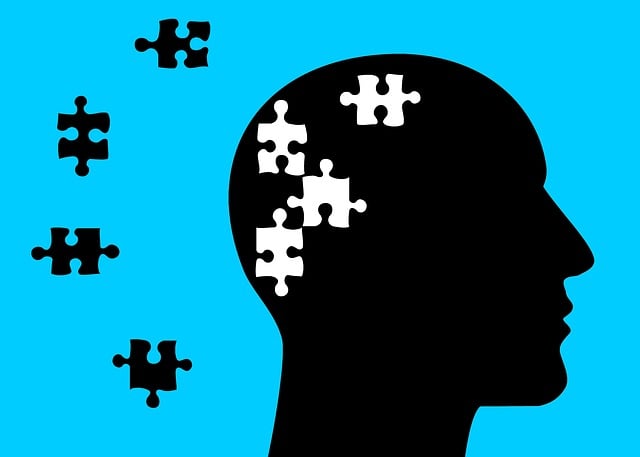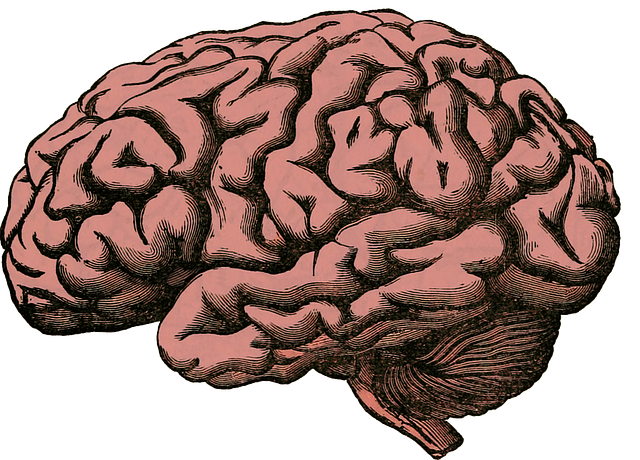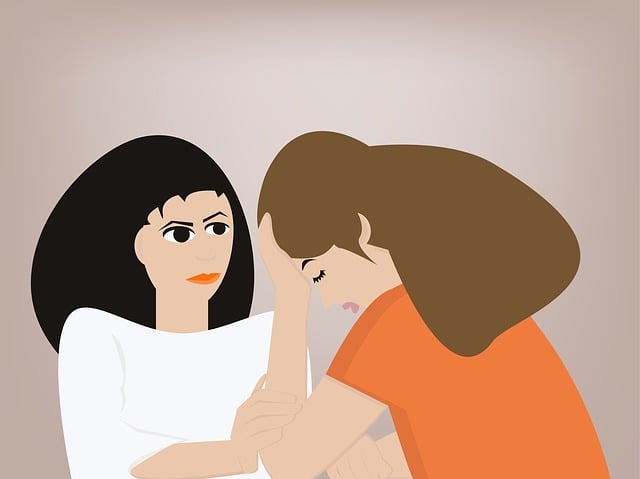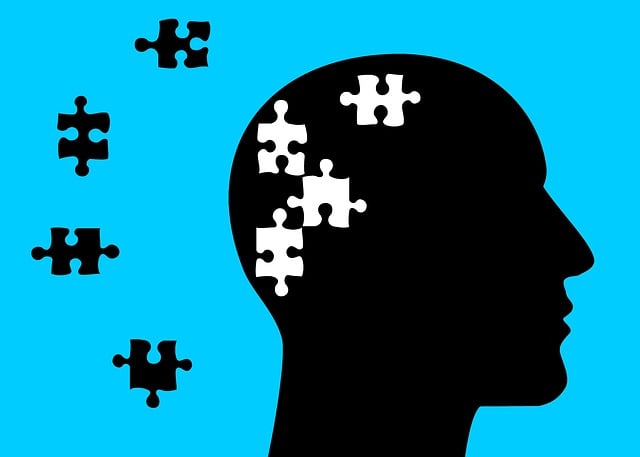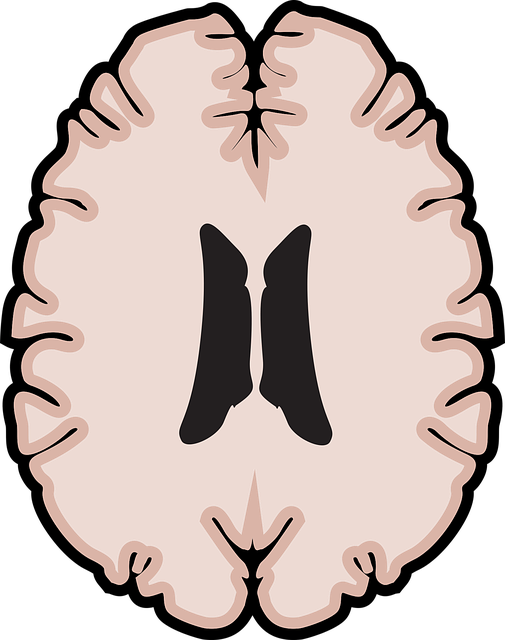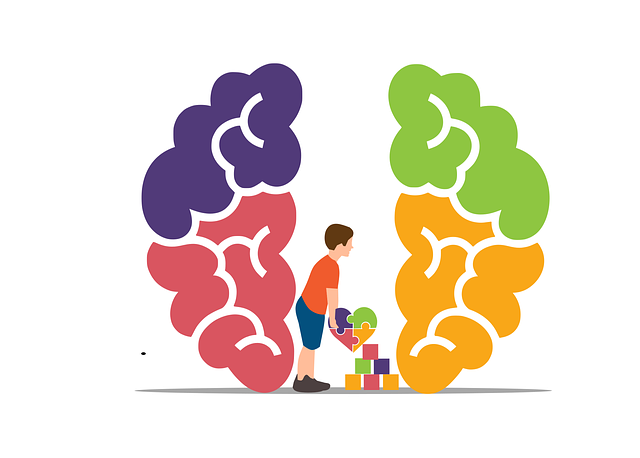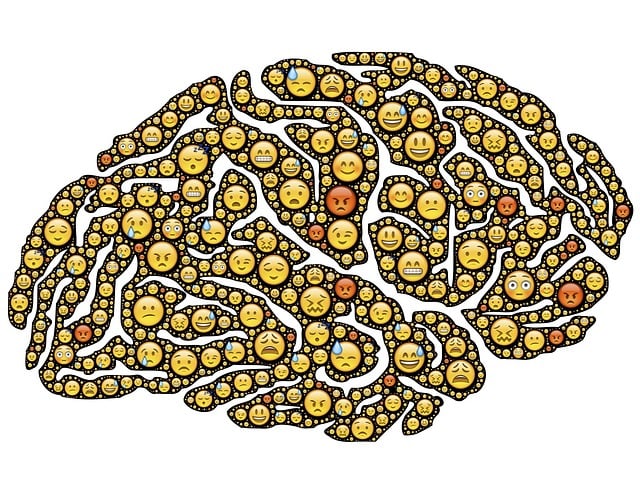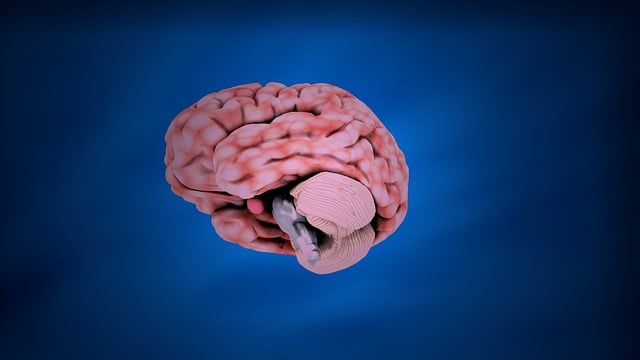The stigma around mental illness hinders recovery, pushing people into isolation. To combat this, promoting understanding and empathy is vital, encouraging support-seeking without judgment. Organizations like Lone Tree Play Therapy offer unique approaches, using play therapy and storytelling to reduce stigma among children and adults. Through community engagement, education, and programs like resilience building, they humanize mental health experiences, dispel myths, and foster empathy. Policy changes and robust support systems, mirroring Lone Tree Play Therapy's efforts, are crucial for a stigma-free society, enabling open access to resources and empowering individuals to navigate mental health challenges effectively.
Mental illness stigma is a pervasive barrier to seeking help, with profound impacts on individuals’ well-being. This article explores targeted efforts to reduce this stigma, highlighting unique approaches like Lone Tree Play Therapy, which uses creative methods to foster understanding and empathy. We delve into the power of community engagement and education as tools for building awareness, and examine policy changes essential for creating a stigma-free society. Understanding these strategies is crucial in supporting better mental health outcomes.
- Understanding the Impact of Stigma on Mental Health
- Lone Tree Play Therapy: A Creative Approach to Stigma Reduction
- Community Engagement and Education: Building Awareness
- Policy Changes and Support Systems for a Stigma-Free Society
Understanding the Impact of Stigma on Mental Health

Stigma around mental illness can have profound effects on an individual’s well-being and their journey to recovery. When a person struggles with a mental health condition, facing societal prejudice and discrimination often adds another layer of stress and challenges their path to healing. The impact is twofold; not only does it hinder access to essential therapy services like Lone Tree Play Therapy, but it also encourages individuals to conceal their symptoms, isolating them further. This hidden struggle can lead to exacerbated symptoms and a diminished quality of life.
Reducing the stigma associated with mental health issues is vital for fostering an environment conducive to emotional healing processes. By promoting understanding and empathy, we can encourage those in need to seek support without fear of judgment. This includes providing access to resilience-building programs and trauma support services that empower individuals to overcome adversity and embrace a healthier, more fulfilling life.
Lone Tree Play Therapy: A Creative Approach to Stigma Reduction

Lone Tree Play Therapy offers a unique and creative approach to mental illness stigma reduction, targeting both children and adults through artful means. By integrating play therapy techniques with therapeutic storytelling and artistic expression, this method reaches individuals in a non-intimidating and accessible way. Through imaginative play scenarios, clients can explore complex emotions and challenges, fostering self-awareness and empathy from an early age.
This innovative therapy goes beyond traditional talk therapy by engaging the power of play as a healing tool. By participating in creative activities, individuals can express themselves without the pressure of verbal communication, making it especially beneficial for those who find talking about their feelings difficult. Lone Tree Play Therapy’s approach not only aids in stigma reduction but also contributes to the development of public awareness campaigns, conflict resolution techniques, and burnout prevention strategies within the mental health sector.
Community Engagement and Education: Building Awareness

Community engagement and education play a pivotal role in reducing the stigma surrounding mental illness. By fostering open conversations and sharing accurate information, we can humanize experiences and dispel myths. Lone Tree Play Therapy, for instance, has been instrumental in this regard, using creative approaches to engage both young and old in discussions about mental health. These efforts help build awareness and empathy, encouraging support rather than judgment.
Through workshops, school programs, and community events, organizations like Lone Tree Play Therapy promote understanding of various conditions, such as anxiety relief and depression prevention. They also emphasize the importance of self-care routine development for better mental health. By involving everyone from healthcare professionals to everyday citizens, these initiatives create a network of support that challenges stereotypes and promotes a more inclusive society.
Policy Changes and Support Systems for a Stigma-Free Society

In the quest for a stigma-free society, policy changes and robust support systems are pivotal. Governments and community organizations play a crucial role in implementing legislation that promotes mental health awareness and discourages discrimination. This includes initiatives that advocate for equal access to mental health services, similar to how Lone Tree Play Therapy ensures children have safe spaces for emotional expression. By amending policies, we create an environment where individuals can openly seek support without fear of judgment.
Furthermore, integrating programs like Resilience Building, Social Skills Training, and Mental Wellness Coaching into educational institutions and community centers equips people with the tools to navigate mental health challenges effectively. These initiatives foster a culture of understanding and empathy, breaking down barriers associated with mental illness. Such support systems not only empower individuals but also contribute to a collective shift in societal perception, moving towards a more inclusive and compassionate society where everyone can thrive.
Mental illness stigma reduction is a multifaceted effort that requires creative approaches, community engagement, and policy changes. As discussed in this article, understanding the profound impact of stigma on mental health is the first step towards change. Initiatives like Lone Tree Play Therapy offer unique and effective ways to destigmatize mental illness, while community engagement and education programs foster awareness and empathy. Additionally, policy reforms and robust support systems are essential to creating a society where everyone can access mental health services without fear of judgment. Together, these efforts can lead to a more inclusive and supportive environment for those living with mental illness.
